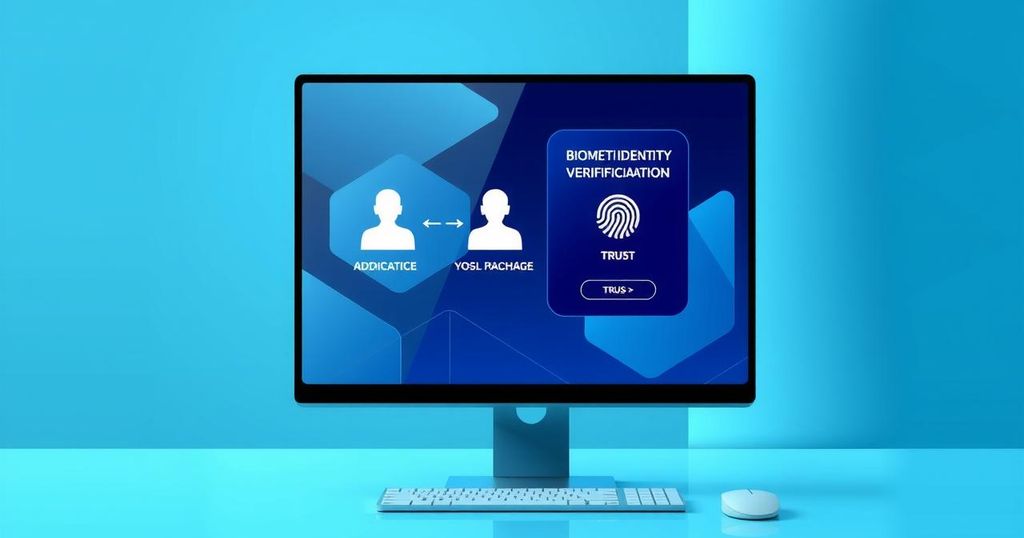The EU AI Act is the first comprehensive legislation on artificial intelligence, categorizing AI systems by risk and establishing compliance requirements to ensure user safety and foster innovation. It mandates transparency, human oversight, and supports AI start-ups, with a timeline for compliance set to roll out over the next two years.
The EU AI Act represents the first comprehensive legislation to regulate artificial intelligence within the European Union, designed to foster safe and innovative technology deployment. The Act categorizes AI systems based on the risks they pose, facilitating tailored compliance measures to ensure user protection. The European Commission introduced the proposal in April 2021, emphasizing a framework that balances innovation with safety and ethical concerns.
The Parliament prioritizes safety, transparency, and environmental responsibility in AI systems. Legislators advocate for human oversight to prevent adverse effects from automation. Additionally, there is a push for a standardized, technology-neutral definition of AI to ensure applicability to future advancements in the field.
Different rules will apply according to the risk classification of AI systems. Banned applications, deemed of unacceptable risk, include manipulative cognitive behavioral systems, social scoring platforms, and real-time biometric identification mechanisms, with law enforcement exceptions considered in limited cases.
AI categorized as high risk will be further subdivided. High-risk systems include those for product safety, critical infrastructure, education, law enforcement, and access to essential services. Such systems require market assessments and must adhere to operational scrutiny throughout their lifecycle, with user complaint mechanisms in place.
Transparency measures will require generative AI systems like ChatGPT to disclose AI-generated content and comply with copyright laws. High-impact models will undergo rigorous evaluations, and any significant incidents must be reported. AI-generated content, such as deepfakes, will need explicit labeling to ensure user awareness.
To promote AI innovation, the Act provides an environment for startups to develop and test AI technologies. It mandates national authorities to offer simulated testing conditions conducive to genuine market scenarios, enhancing competition among SMEs in the EU AI marketplace.
Implementation oversight will be conducted by a dedicated Parliamentary working group in collaboration with the EU AI office. The AI Act compliance timeline indicates that the legislation will be fully applicable within 24 months, with varying deadlines for different provisions. The prohibition of high-risk AI systems is effective from February 2, 2025, followed by staggered compliance deadlines for sector-specific requirements.
The EU AI Act establishes a pioneering regulatory framework for artificial intelligence, focusing on risk-based classifications and user protection. It aims to balance innovation with ethical considerations through various compliance requirements. With provisions for transparency, human oversight, and a supportive environment for AI start-ups, the Act addresses both current challenges and future advancements in AI technology within the EU.
Original Source: www.europarl.europa.eu





